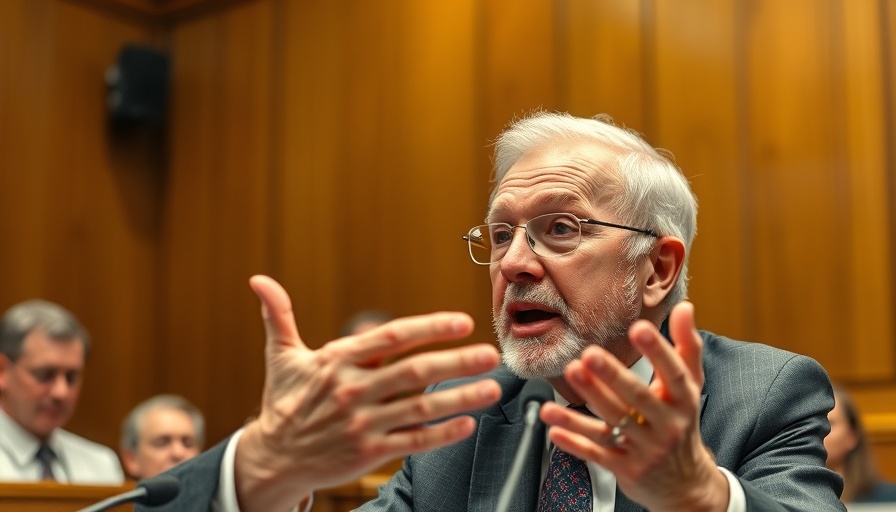
Marjorie Taylor Greene Sparks Heated Confrontation Over Budget Values
In a recent budget bill hearing, Republican U.S. Rep. Marjorie Taylor Greene ignited a fierce confrontation by asserting that budgets are unrelated to policy. This statement contradicted the stance of many Democrats, who argue that budgeting reflects the core values of American society. The confrontation escalated into a shouting match, highlighting the ongoing tension between party lines.
Bipartisan Values at Stake: The Vocal Opposition
Greene's claim occurred during U.S. Rep. Melanie Stansbury's passionate speech against proposed cuts to critical services like the Veterans Administration (VA), Social Security, and Medicare. Stansbury emphasized that the proposed $4 trillion tax cut primarily benefited the wealthy, a priority of former President Trump. Greene's dismissive remarks about the Democrats' pleas as mere "entertainment" prompted a forceful rebuttal from U.S. Rep. Stephen Lynch, who stated, "Our federal budget reflects our values." This exchange showcases the ethical debate surrounding budget allocation, particularly for programs supporting vulnerable populations.
The Role of Congressional Oversight in Budget Discussions
The contentious exchange highlighted not just policy disagreements but also a broader disconnect in how various representatives perceive their roles. Representative Lynch, with his extensive experience in Congress, defended the notion that funding the VA speaks to the mission and purpose of America’s budgetary commitments. Yet, Oversight Chairman James Comer’s insistence on the dollar figures alone suggests a prioritization of fiscal issues over human ones, a perspective that could profoundly impact legislative decisions.
Beyond the Numbers: The Human Element of Budgeting
An effective budget should address the requirements of citizens, especially those dependent on government support. With the federal budget increasing, many express concern over maintaining vital services amidst proposed tax cuts meant to alleviate the financial burden on the wealthiest Americans. Critics argue that such fiscal strategies could lead to inadequate funding for essential services, resulting in harmful consequences for society’s most vulnerable. This conflict between budgetary focus and ethical values may lead voters to question elected officials' true priorities.
A Call to Action: Protecting Crucial Services
The heated debate highlights a critical decision-making moment in Congress regarding budget priorities. Advocates for social justice and civil rights must rally together to ensure their voices are heard in legislative discussions. This ongoing dialogue serves as a reminder of the importance of prioritizing human needs within the budget process, making explicit the necessity for funds to support healthcare, social services, and other critical programs.
The exchange between Greene and Lynch is a reflection of broader ideological divides that shape the national discourse around budgeting and policy-making. As citizens, we must remain informed and engaged to advocate for government accountability, equity, and the preservation of American values.
 Add Row
Add Row 

 Add
Add 


Write A Comment